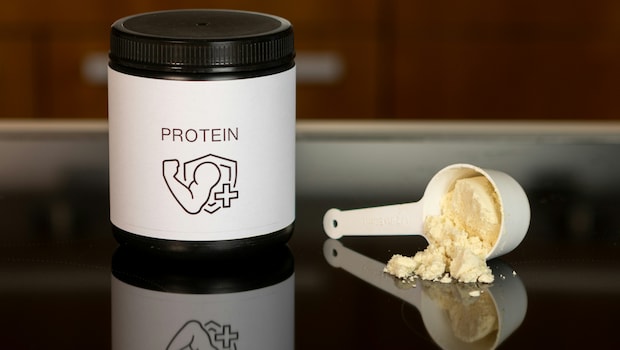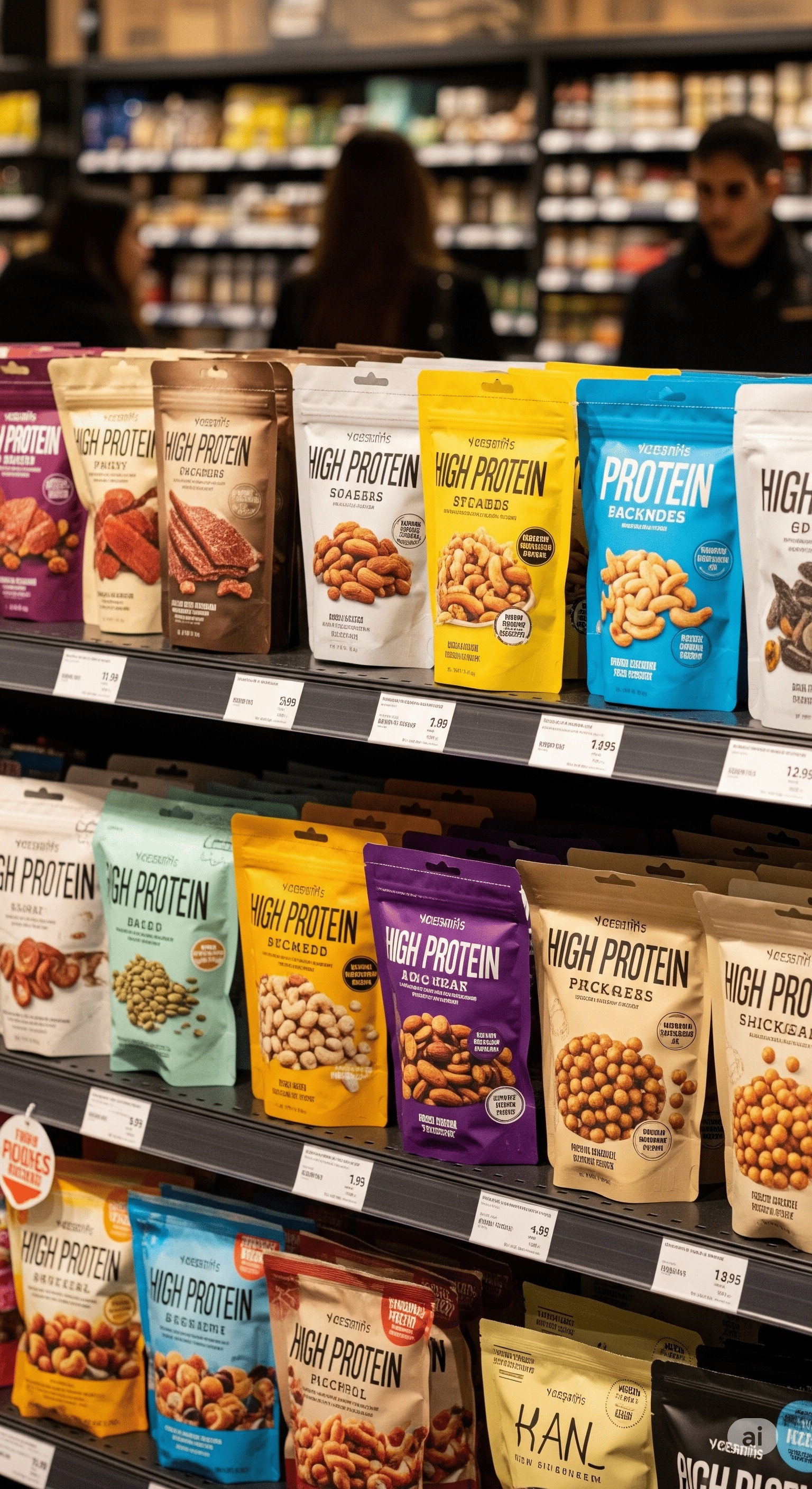"I'll admit, even I feel drawn when I spot the word 'PROTEIN' in bold on a snack packet." It's everywhere-protein-rich chips, cookies, energy bars, shakes, even beverages. The marketplace is booming with packaged goods and drinks marketed as high-protein, and consumers are snapping them up, eager to hit higher protein targets. But amidst this protein puffery, one must ask: are we going overboard?
Also Read: Complete vs Incomplete Proteins: What Makes Them Different? Find Out Here
Why Protein Is Important For Us
Protein is fundamental for growth, repair, and overall bodily function. It is the building block of muscles, bones, skin, hair, enzymes, and hormones. In fact, it even helps with weight loss. But, our bodies cannot store protein like fat or carbs, so regular intake is necessary for tissue maintenance and metabolic processes. Given how we all strive to up our protein consumption, it doesn't come as a surprise that market shelves are flooded with protein-rich products and people picking them up without much thought. But we need to understand how good or bad those food items are for us.

Protein is essential for various functions in our body.
Photo Credit: Unsplash
How Much Protein is the Right Amount?
The RDA (Recommended Dietary Allowance) is approximately 0.8 g per kg of body weight per day for sedentary adults, says Mayo Clinic Health System. That equates to about 56 g/day for men and 46 g/day for women based on average weights
In North America, guidelines also specify that 10%-35% of daily calories should come from protein.
For more active individuals or older adults:
Exercisers or those in resistance training may benefit from 1.1-1.7 g/kg/day
For people over 65, 1.0-1.2 g/kg/day is often advised; during illness or recovery, even up to 1.5-2.0 g/kg/day
Overconsumption of protein beyond 2 g/kg/day is considered excessive, Mayo Clinic Health System. So you need to track your intake so as not to exceed it.
How To Consume Protein In A Day:
Timings matter too. Spreading protein intake across meals-roughly 15-30 g per meal-is more effective than concentrating protein in one sitting.
Is Too Much Protein Bad for You?
Here are four potential side effects of consuming too much protein:
Weight Gain -
Excess protein can be stored as fat, contributing to weight gain. As per a study published in the Clinical Nutrition Journal, excessive protein replaces carbohydrates and leads to weight gain.
Constipation -
High protein with low fibre intake can lead to digestive issues like constipation. A study published in the National Institutes of Health (NIH) showed diet that lacks enough fibre increases the risk of constipation.
Kidney Damage -
Excessive protein may cause intraglomerular hypertension and hyperfiltration, especially risky for those with pre-existing kidney issues, as per an NIH study.
Heart Disease -
Another NIH study revealed that diets that are too high in protein, especially from animal sources, may increase the risk of cardiovascular mortality
Also Read: 5 Protein Mistakes Women Make That Could Be Sabotaging Their Health Goals

Are We Overconsuming Protein?
Yes, many people are. In some populations, protein intake already exceeds recommendations by 45-55%
Experts warn that chasing protein trends, especially via processed products, can crowd out other essential nutrients like fibre, vitamins, and minerals. High consumption can also increase saturated fat and cholesterol intake, impacting heart health
We're undeniably captivated by protein-driven marketing, and in many cases, protein supplements or fortified snacks can help fill gaps. But balance is key. For most, the standard RDA (0.8 g/kg/day) is enough. Active or ageing individuals may need more, but rarely more than 2 g/kg/day. Spreading intake throughout the day and emphasising whole, fibre-rich sources (legumes, lean meats, dairy, nuts, seeds) is both healthy and sustainable.
So next time you're lured by that bold "PROTEIN" label, remember: context counts. It's about how much, how often, and what else you're giving your body, not just hitting a number.
(Disclaimer: This content including advice provides generic information only. It is in no way a substitute for qualified medical opinion. Always consult a specialist or your own doctor for more information. NDTV does not claim responsibility for this information.)
About Neha GroverLove for reading roused her writing instincts. Neha is guilty of having a deep-set fixation with anything caffeinated. When she is not pouring out her nest of thoughts onto the screen, you can see her reading while sipping on coffee.










